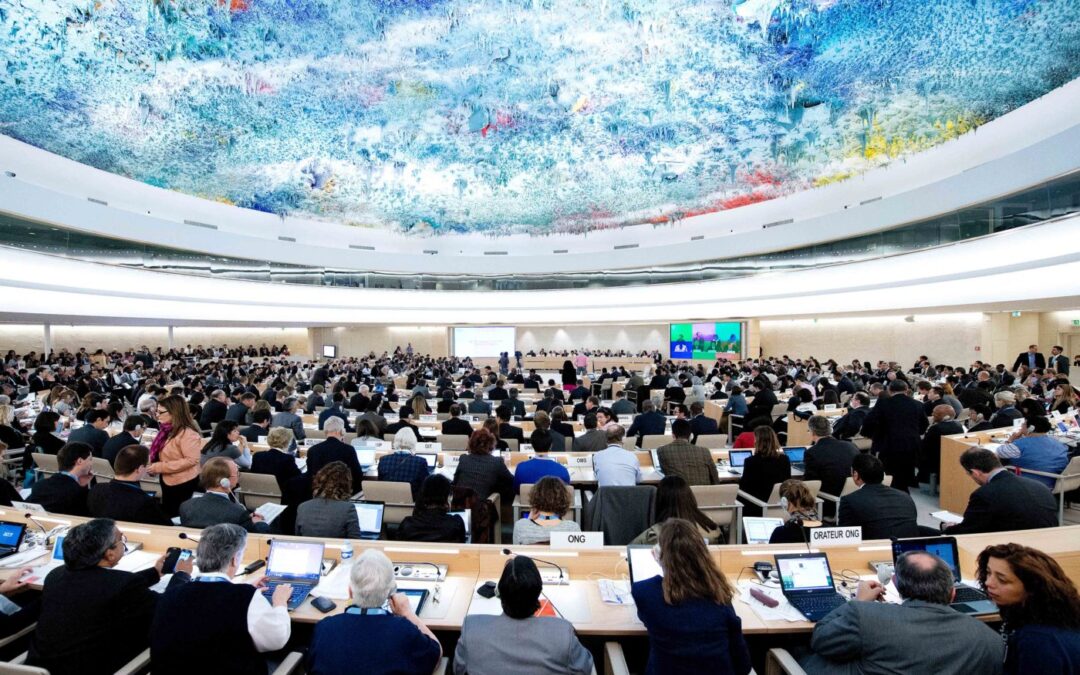
Yemen: States should support accountability for crimes under international law
Joint Civil Society Letter:
States should support accountability for crimes under international law committed in Yemen at the 48th Session of the Human Rights Council

Joint Civil Society Letter:
States should support accountability for crimes under international law committed in Yemen at the 48th Session of the Human Rights Council
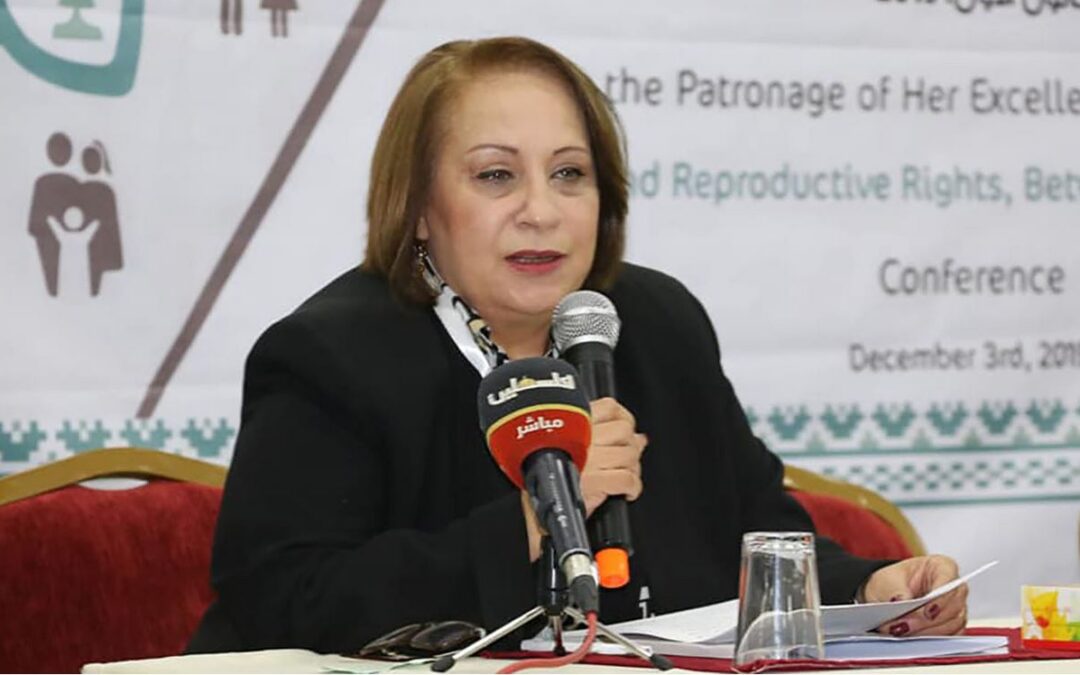
Israeli authorities must end Shatha Odeh’s arbitrary detention, immediately release her, and provide compensation for her unjust detention, the International Commission of Jurists (ICJ) said today.
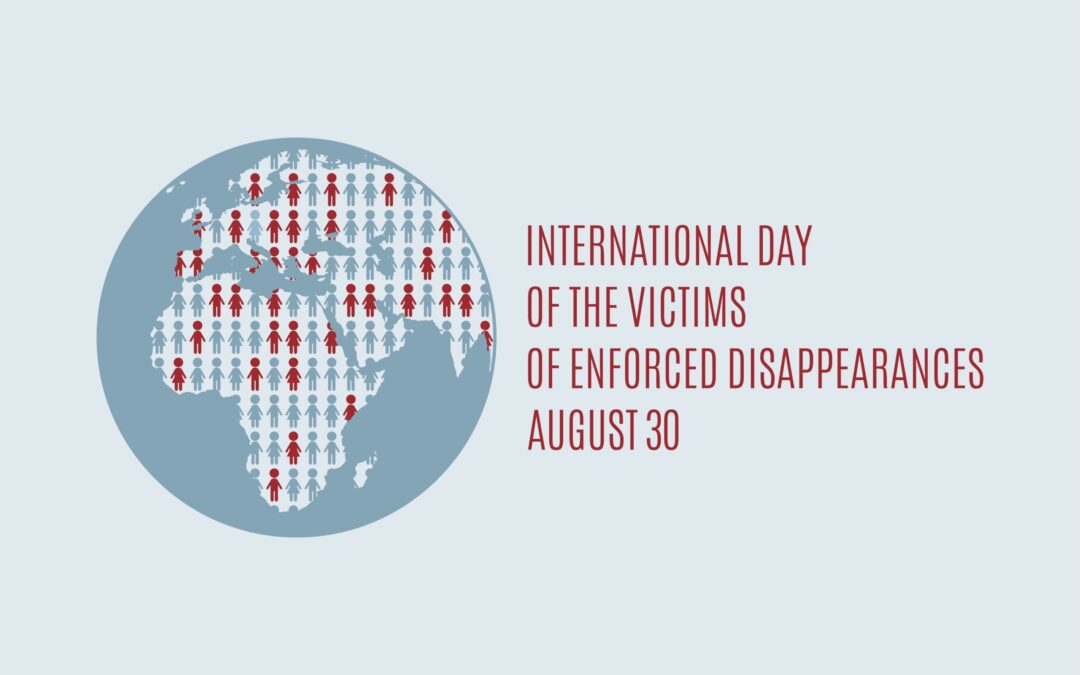
Today, on the occasion of the International Day of the Victims of Enforced Disappearances, we the 33 undersigned local, regional, and international organizations, associations, and networks come together to highlight the dramatic and persistent nature of enforced disappearances in the Middle East and North Africa (MENA) region and the accompanying impunity enjoyed by perpetrators of these crimes throughout the region.
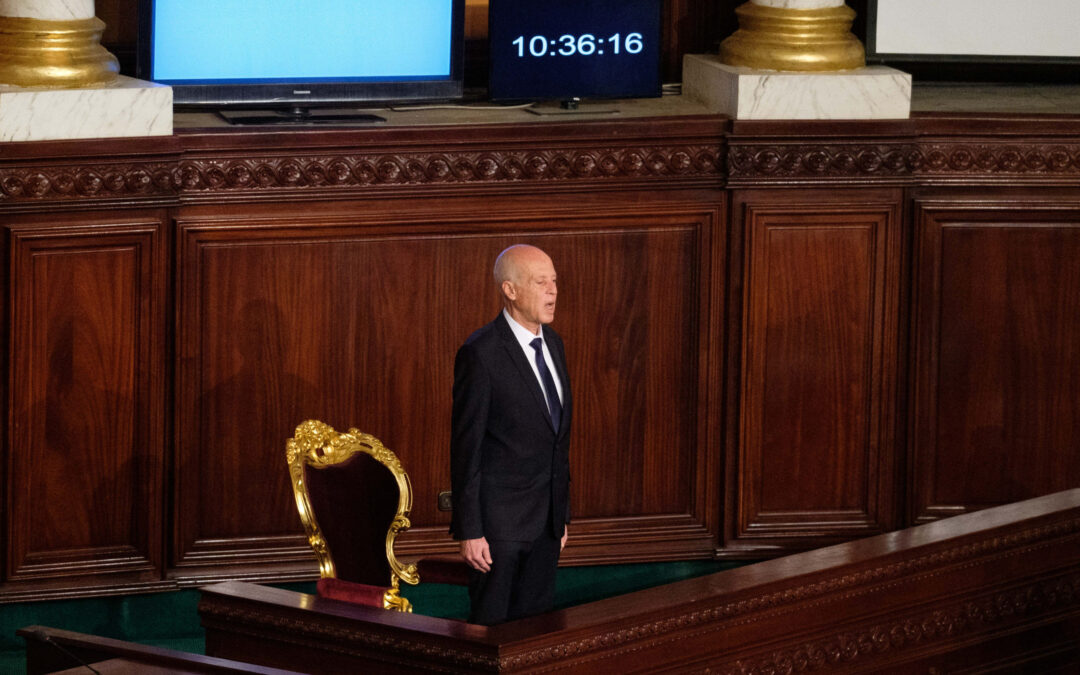
President Kais Saied must immediately revoke his decree renewing the State of Exception and related measures sine die, the International Commission of Jurists said today.
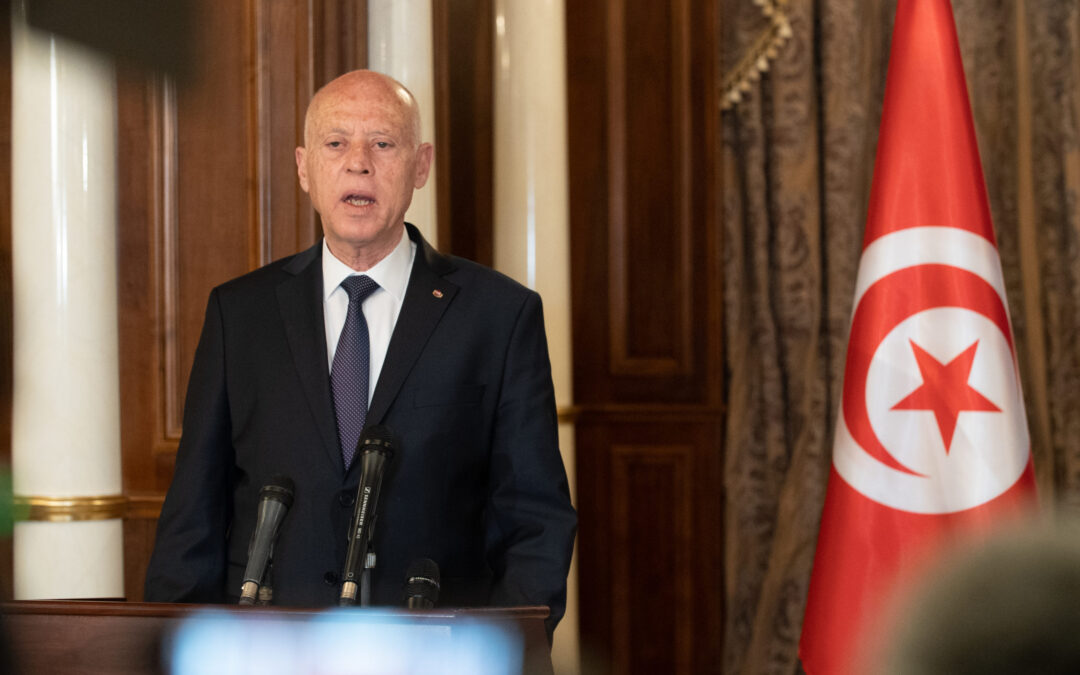
An independent and impartial judiciary must hold in check President Kais Saied’s arbitrary exercise of power, the international Commission of Jurists (ICJ) said today.